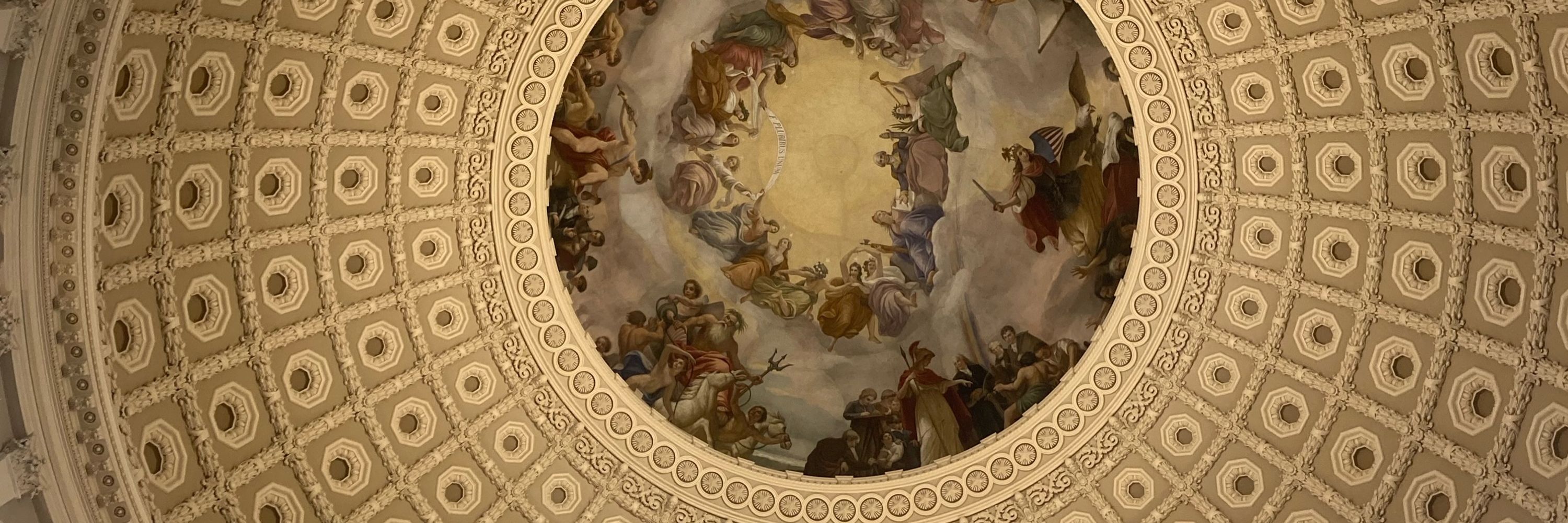suse anderson
@shineslike.bsky.social
1.7K followers
1.7K following
850 posts
An Australian-American museum geek in Baltimore. Program Head, Museum Studies @ GWU. Sincereposting about museums, ethics, tech and culture. She/her.
Posts
Media
Videos
Starter Packs
Reposted by suse anderson
suse anderson
@shineslike.bsky.social
· Sep 6
suse anderson
@shineslike.bsky.social
· Sep 5
suse anderson
@shineslike.bsky.social
· Sep 5
suse anderson
@shineslike.bsky.social
· Sep 5
suse anderson
@shineslike.bsky.social
· Sep 4
suse anderson
@shineslike.bsky.social
· Sep 4
suse anderson
@shineslike.bsky.social
· Sep 4
suse anderson
@shineslike.bsky.social
· Sep 3
suse anderson
@shineslike.bsky.social
· Aug 26
suse anderson
@shineslike.bsky.social
· Aug 25
David Mack
@davidmackau.bsky.social
· Aug 25

Breaking: Australia Post halts most parcel postage to US immediately
Australia Post is taking the extraordinary step of immediately suspending many forms of shipping to the United States, as a Trump administration tariff deadline approaches on Friday.
www.abc.net.au
suse anderson
@shineslike.bsky.social
· Aug 25
Reposted by suse anderson
MS
@mimosaishere.bsky.social
· Aug 22






